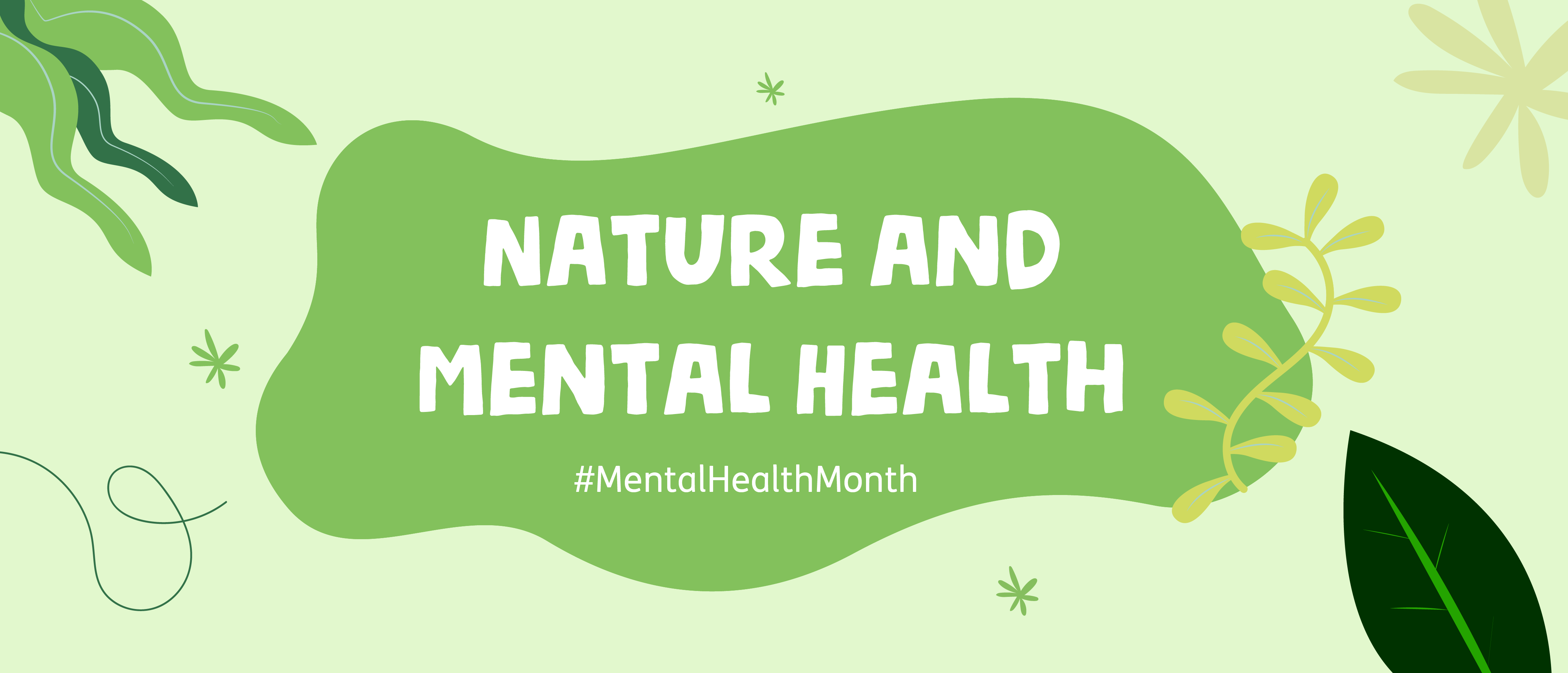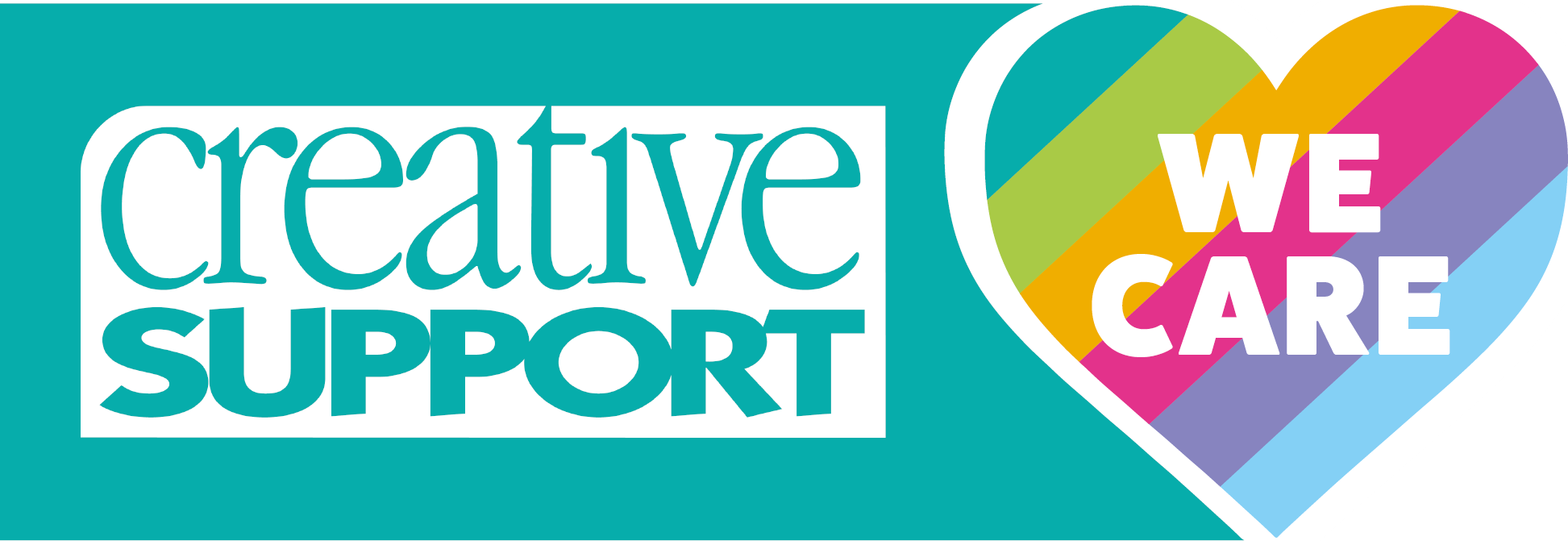Interview with Headplace

We spoke with Owen Byrom, founder of Headplace, an organization looking at how our environments can help us or hinder us. He tells us more about the benefits of the great outdoors and how to bring it inside too.
Can you tell me about the work Headplace does and why you wanted to do it?
Headplace is a non-profit organization which aims to improve mental health and wellbeing. We look at people’s designs for buildings and areas throughout the building process to see how it could have a positive impact on people’s mental health, and how to avoid them having a negative impact instead.
Basically we’re mental health and wellbeing place consultants with the aim to build happiness.
Can you tell me about how buildings and developments can have an impact on our mental health?
Buildings and developments can have impacts in three ways – negative impact, no impact, or a positive impact. It would be great if places could at least have no impact on people’s mental health and wellbeing, but this often isn’t the case.
Negative impact can increase our body’s stress hormones whereas positive impact can increase our body’s happiness hormones. All places can’t have a positive impact, we understand that, and there will always be spaces that have a negative impact, such as being by busy roads, transport hubs, or spaces that are dark and feel dangerous such as alleyways.
Negative impacts can come from any of the five senses too. If a place is by a busy road, you will feel a negative impact because of seeing the busy-ness, from hearing it, and even from smelling it. Pollution is also something that causes a negative impact without us really knowing, so that’s a factor too. Other things we find cause a lot of negative impact are flashing advertising boards which can be an assault on the senses. Another example would be a high street with narrow footpaths so you have to squeeze past people. This has been a big thing in the past year with Covid-19 and it may continue to have a negative impact going forwards.
Also, things that may seem joyful or happy can sometimes be harmful to people who are neurodivergent. For example, the colourful pedestrian crossings and floor markings can be really distracting for some people and make it harder for them to cross the road.
Art can bring many benefits to a place, and can actually help to reduce antisocial behaviour, but it should be put into less overwhelming places as this is where it can have the best impact.
Can you tell me more about how natural environments can boost people’s mental health and wellbeing?
There’s a beautiful Welsh phrase, ‘dod yn ôl at fy nghoed’ which means to return to a balanced state of mind. The literal translation actually means ‘to return to my trees’, which shows what nature can do. This phrase sums up who we are as human beings, and if you think about it, throughout human evolution we spent most of our time outside. Because of this, we have a deep rooted connection to the outdoors and spending time in more natural environments such as local parks has a really positive impact on our mental health.
Being in nature can help simply by removing you from your usual distractions. For example, not being able to see your workplace will help to stop you from thinking about work, and not seeing shops will stop you from thinking “oh I need to pick this up and figure out what we’re eating tonight” etc. It’s kind of like out of sight out of mind.
Being in nature can also get more oxygen into your lungs which helps your brain function a lot higher.
Do you have any tips to help people boost their mental health if they live in a more built-up area?
A really key one is getting to your local green space. A local park, or anywhere that has lots of greenery is great. If it’s a space that has water, such as a river or a fountain, this can have an even better impact on your mental health.
I’d also say that instead of going for one really long walk a week, it’s better to go on shorter trips of around 30-40 minutes four times a week than once for two hours. This also ties into the mental health benefits of regular exercise and is great for your wellbeing. If you can, try and walk, run, or cycle to your local park and do both at once!
We’d also say there’s loads of things you can do to your own home too. If you can’t get to green spaces then you can bring them inside. We’ve been taking part in the Plants for People campaign, which helps people access green places and gives out free plants. By adding plants into your home, it boosts your mental health and can also be a hobby, which is itself really good for your wellbeing.
I’d say do a bit of research into the best plants for your home though, as some houses will have less light and different types of water, and some plants will work better than others! A really hardy plant that can help filter the air and doesn’t need much sunlight is a snake plant, also known as the mother-in-law’s tongue. Succulents and cacti are also really easy to look after and come in lots of varieties so you can match them to your own personal style. I would also say don’t buy too many as this can cause stress, so start small and then, if it’s something you enjoy doing, start adding more.
We’d also recommend getting as much light into your house as possible, so opening blinds and windows when you’re spending time indoors, as this can have a really positive impact on your mental health. Sunshine is a necessary part of living for humans, animals, and plants, and the fresh air from open windows and doors will also help bring it inside.
Taking up an outdoor hobby, such as outdoor exercise or gardening, will also help you to be in nature and boost your energy and wellbeing.
You’ve started a campaign offering free sunflower seeds, can you tell me more about this?
Last year we took part in the Grow Happy Campaign where the challenge was to grow the biggest sunflower. We grew 12 big sunflowers and when they started dying, we saved all the seeds from the middle of the flower. We ended up with so many seeds, we thought it would be a good idea to offer them out to people for them to start growing their own and give out some free happiness! It’s pretty wondrous to see how big and beautiful they can get and it’s all part of the fun.
Sunflowers are such a happy and positive flower, and having this project brought us a lot of joy. We’ve sent over 150 packets of seeds to places across the UK, as far north as Dundee and as far south as Exeter. We’ve sent them to schools, community groups, and scout groups too and are looking forward to seeing everyone grow their own.
There’s also lots of research that shows the benefits of planting things and getting your hands dirty. Contact with soil and the bacteria in it can help your brain to release happiness hormones. Also, seeing what you’ve grown, be it plants or fruit and veg, gives you such a sense of achievement. Growing your own fruit and veg too can also to help you save money. You can also get seeds for free from store bought fruit and veg. You can try and grow an avocado tree from the stone in the middle, but it can take up to five years for it to bear fruit. Also, seeds in cucumbers, peppers, or from sprouting potatoes (when they grow roots if left too long in your kitchen cupboard), can all be planted and you can grow your own that way for free. Look into each method though as every one grows differently.
If people want to check out more about Mindplace, where should they go?
You can head to our website or to our Facebook, Twitter, or LinkedIn where we regularly post and share articles related to mental health and wellbeing and about upcoming events.
